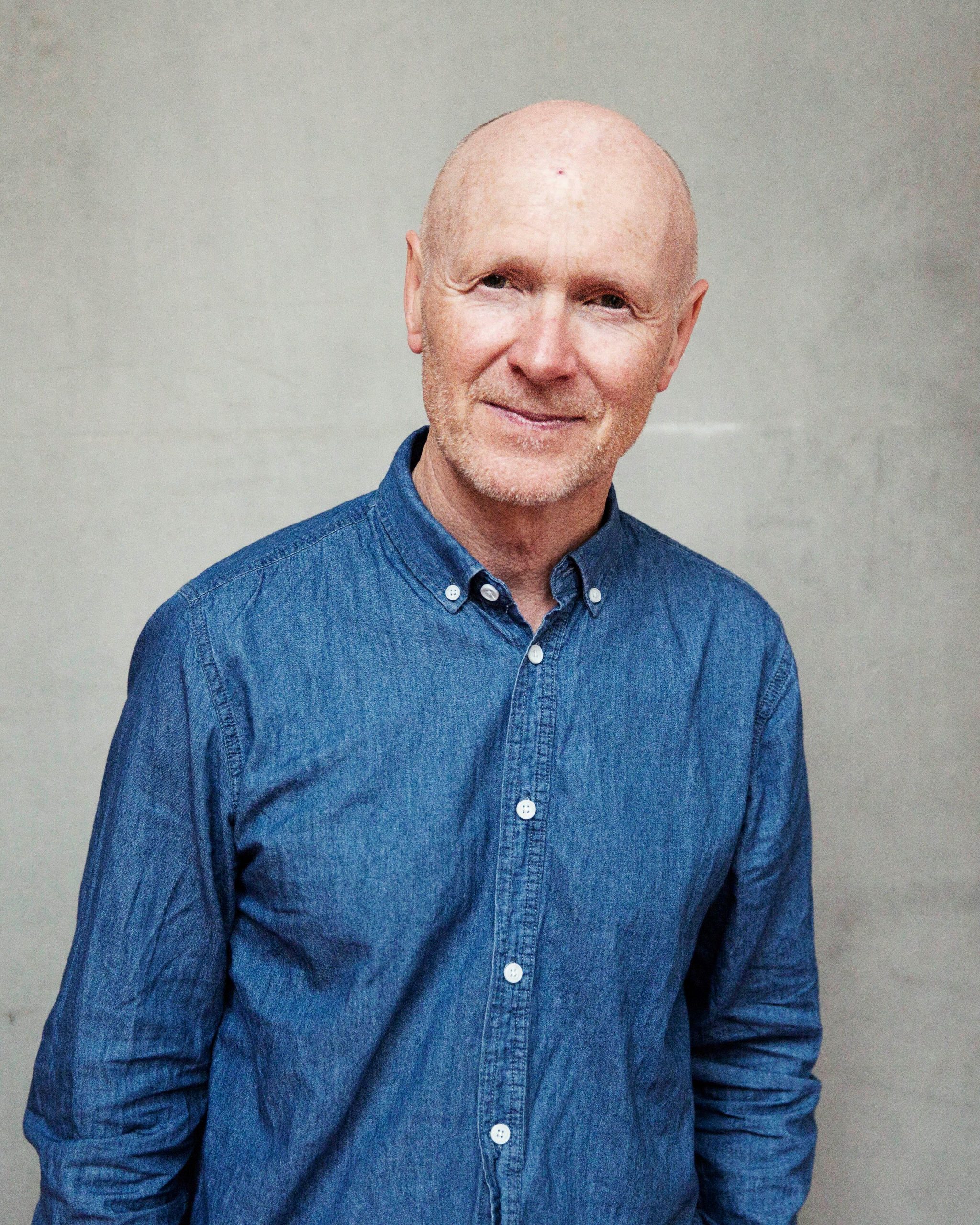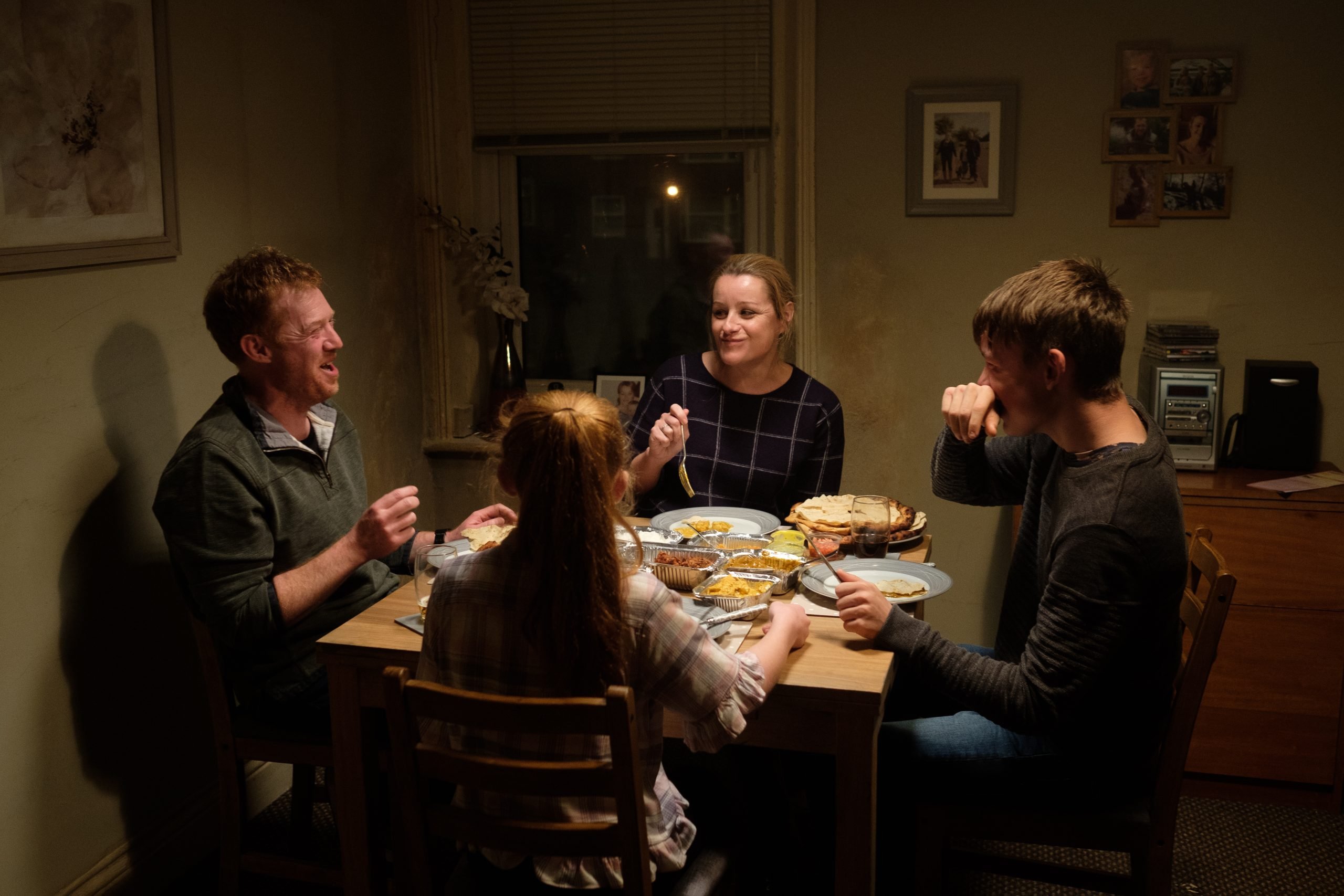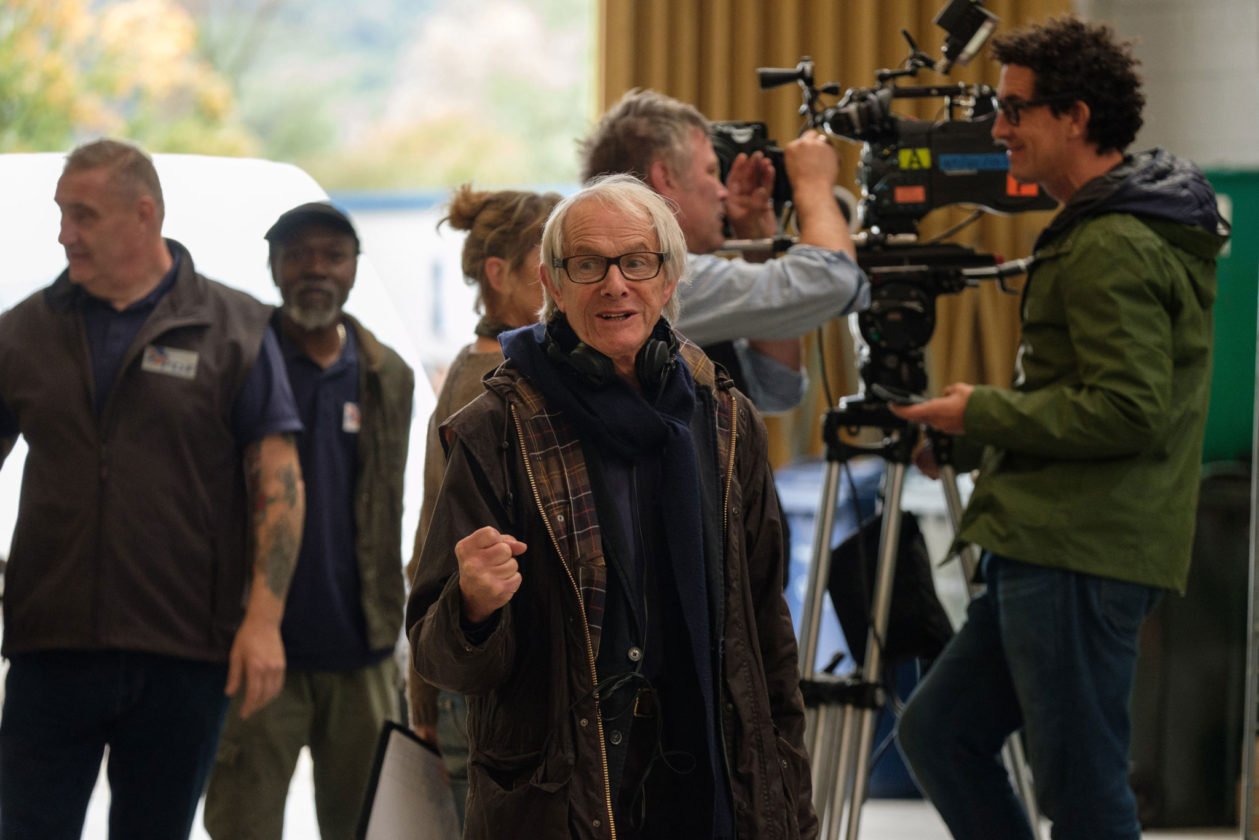Sorry We Missed You, acclaimed film director Ken Loach’s latest film, is a dramatic enactment about income inequality and the gig economy in today’s England. It has received numerous rave reviews and several festival awards.
The sorry state of capitalism in England, and its impact on the working class, is well-trod territory. Dickens wrote about it in Oliver Twist in the 1830s. One hundred years later, so did Orwell in his novel The Road to Wigan Pier.
Loach started his directing career in 1967 with Poor Cow, which depicted the hard times of London’s underclass. Recently, his Kafka-esque portrait of one man’s struggle to survive in austerity-suffering Northern England, I Daniel Blake, won the Cannes’ Palme d’Or in 2016. Loach is famous for using non-actors as leading characters.
On this side of the pond, alarm bells about capitalism’s failure to provide for a just and healthy society have been raised by others besides Bernie Sanders, like billionaires: Warren Buffett, Ray Dalio, Tom Steyer, Marc Benioff, Peter Thiel and many others. Even the Business Roundtable is so concerned it recommends expanding the very purpose of a corporation to include all stakeholders (i.e., workers and the surrounding community).

Books like Barbara Ehrenreich’s 2001 Nickel and Dimed and Jessica Bruder’s 2017 Nomadland vividly portray the bitter lives of the American working poor, those without the protection that skills or unions bring. Just published is Princeton economists Anne Case and Angus Deaton’s Deaths of Despair and the Future of Capitalism. They examine the deindustrialization of America and its effect on the blue-collar worker—lower life expectancy due to opioid addiction, alcoholism and suicide.
 To put all of this in perspective and get a sense of what motivated him, I interviewed Sorry… screenwriter Paul Laverty (pictured left). Laverty has written 13 movies for Loach. In visual terms, Laverty has observed the struggles of the working class in Vermeer-like detail, and the result is an Escher-like depiction of an endless loop to nowhere.
To put all of this in perspective and get a sense of what motivated him, I interviewed Sorry… screenwriter Paul Laverty (pictured left). Laverty has written 13 movies for Loach. In visual terms, Laverty has observed the struggles of the working class in Vermeer-like detail, and the result is an Escher-like depiction of an endless loop to nowhere.
Laverty is Scottish but of Irish descent, so, right off the bat, he is sensitive about being an outsider and having to overcome prejudice. He was also a lawyer and spent time in Central America pursuing social justice. In screenwriting, however, he found his métier, addressing the inequity that so offends him.

When researching Sorry… Laverty told me, “As Ken and I visited food banks up and down the country, we were surprised by the number of working poor, not just the ill or unemployed, who didn’t earn enough to make it to the end of the month. Many were on zero-hour contracts, with the amount of work often decided at very short notice, delivered by text to those engaged in the gig economy. While asking around, we even met some PHD lecturers working in universities who were earning less than the minimum wage. There was a real sense of anxiety and worry about not having any stability in their lives.”
The film’s laser focus, however, is on the gig economy and zero-hour contracts, both legally sanctioned maneuvers that facilitate the fiction that workers are, as Laverty puts it, “working for themselves when, in fact, not one bit of that is true. They are under the total control of the employer at all times.”
The result is a relentless, numbing quest for productivity. No pity allowed. As in Charlie Chaplin’s Modern Times, where the factory assembly line moves faster and faster, Ricky and Abbie (the husband and wife in Sorry We Missed You) cannot keep up—no matter how efficiently they work. “Rick has exploited himself. But he is driving himself into the ground…Because of the fiction that he is self-employed, that he is a franchisee.”
It doesn’t take the viewer long to see this is utter nonsense. He is controlled by a digital tracker, recording his every move. “You never see the owners of these corporations. All you see is the black box, the tracker,” explains Laverty. “It rules everything. It must always be kept happy.”

Abbie is a home health care aide who gets paid by the visit with no pay for travel time between her many patients, extra duties or time off.
As a result of the stress both parents are under, the family falls apart. The children develop behavior problems, and any time-off taken to help them is punished by fines and sanctions.
This is not cinema fiction. Forty percent of Americans do not have $400 to cover a medical, transportation or housing emergency. The anxiety must be unimaginable.
However, Laverty is not surprised. “Life expectancy is also going down in England, especially amongst women, I think they are even under more pressure than men these days to keep things together.”
“Rick is absolutely terrified that he could lose his rental house. If that happens, the family will be on the streets,” he adds. “Now, due to the 2008 financial crisis, there is nowhere near enough housing in England. Rents can eat up a whole salary, and hundreds of thousands of children are living in bed and breakfasts, in one tiny room.”
I won’t give any spoilers, but suffice to say, the film shows the family in a downward spiral that they cannot overcome. The last scene is shockingly powerful yet not surprising. The concept of choice has been removed from the lives of the gig economy, zero contract working poor.
Politically, in both England and America, politicians are being forced to address the rise of the working poor. The debate on both sides of the Atlantic is the same. Can and will free market capitalism reform? Will rising wages and increased productivity fix this mess, or will the government have to intervene and dictate a solution?

The jury is out as to what will be America’s choice in 2020.
The startling fact, however, is that the conversation around income inequality, and its resultant social consequences, is on everyone’s lips.
Sorry We Missed You humanizes the issue.
As Laverty puts it: “What’s going on in America and England, the way the working class is being treated, is horrific. Never have corporations been more powerful, never has so much been extracted from workers; and not only that, it is all done in a false narrative, with sophisticated technology, in the name of freedom. But the empirical information and the gross inequality speak otherwise. William Blake, the English mystic from over 200 years ago, talked about ‘mind-forged manacles.’ True over 200 years ago, even more true today.”
Update From the Distributor of Sorry We Missed You:
Due to the closure of theaters around the country that were showing, or scheduled to show, Sorry We Missed You, because of the COVID-19 pandemic, film distributor Kino Lorber has initiated a virtual theatrical streaming platform called Kino Marquee, which allows theaters to stream the film to their customers. This not only makes the film available to patrons but also allows them to support their local theaters.
Film Forum in New York is currently showing the film in a “virtual screening room.” And the Zeitgeist Films website will have constant updates on virtual screenings, hopefully at a theater near you soon.







